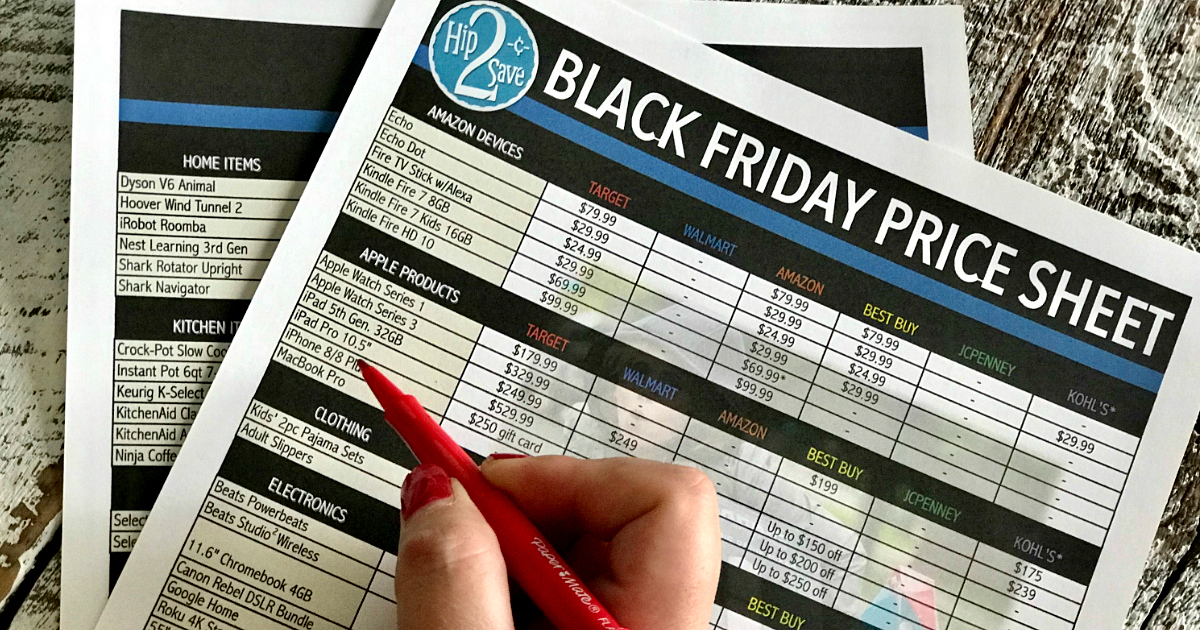

Although it soon became more widespread, The Philadelphia Inquirer reported in 1985 that retailers in Cincinnati and Los Angeles were still unaware of the term. The use of the phrase spread slowly, first appearing in The New York Times on November 29, 1975, in which it still refers specifically to "the busiest shopping and traffic day of the year" in Philadelphia.

In 1961, the city and merchants of Philadelphia attempted to improve conditions, and a public relations expert recommended rebranding the days "Big Friday" and "Big Saturday" but these terms were quickly forgotten. Around the same time, the terms "Black Friday" and "Black Saturday" came to be used by the police in Philadelphia and Rochester to describe the crowds and traffic congestion accompanying the start of the Christmas shopping season. However, this use does not appear to have caught on. Here it referred to the practice of workers calling in sick on the day after Thanksgiving, in order to have a four-day week-end. The earliest known use of "Black Friday" to refer to the day after Thanksgiving occurred in the journal, Factory Management and Maintenance, for November 1951, and again in 1952. Fortunes were made and lost in a single day, and the president's own brother-in-law, Abel Corbin, was ruined. When President Grant learned of this manipulation, he ordered the Treasury to release a large supply of gold, which halted the run and caused prices to drop by 18%.

Many events have been described as "Black Friday", although the most significant such event in American history was the Panic of 1869, which occurred when financiers Jay Gould and James Fisk took advantage of their connections with the Grant Administration in an attempt to corner the gold market.



 0 kommentar(er)
0 kommentar(er)
